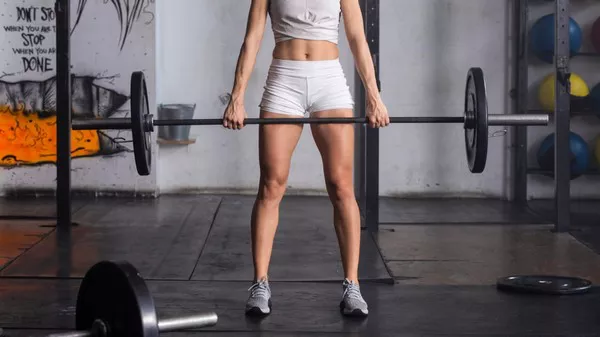After turning to artificial intelligence to guide her fitness routine, one woman reports major improvements in her physical health, increased motivation, and significant cost savings.
Ella Plevin once spent over $100 a month on gym memberships, private training sessions, and athletic apparel, but saw little to no progress in her fitness. “I was stuck in a cycle of consumer-driven wellness with minimal results,” she said.
Eventually, she decided to use artificial intelligence to create a more sustainable and cost-effective fitness strategy. Through tools like ChatGPT, she built a personalized workout regimen, received nutrition advice, and regained a sense of consistency. Within two months, she reported being stronger, leaner, and more disciplined—with her weightlifting capacity doubling in just a few weeks.
From Gym Workouts to AI Planning
Plevin’s fitness journey was far from linear. Frequent relocations in her early twenties made it difficult to maintain any long-term habits. While studying for her master’s degree at Cambridge, a packed schedule of full-time work and academics left little time for health. Exercise became her main method of managing mental well-being.
She credited a skilled personal trainer at her local gym with helping her stay motivated for about a year. But when the trainer left, her motivation declined. She continued to visit the gym, but didn’t find the same level of support, despite mounting costs.
“Even the most detailed plans won’t work if you’re simply unmotivated to show up,” she said.
Eventually, she decided to shift strategies. Rather than continue spending money on classes and equipment with limited returns, she turned to AI for a fresh approach.
Personalized Tools With Practical Impact
Plevin began by using ChatGPT to generate weekly training plans based on her evolving goals and performance. She also used the AI platform to explore behavioral strategies for increasing self-discipline and motivation. “What used to take days of reading now takes minutes,” she said, referring to insights she previously sought from books.
She was also introduced to free AI-based apps like Cronometer—a nutrition and calorie tracking tool—which she now uses daily. It monitors her intake of macronutrients, fiber, vitamins, and hydration. Curious about her results, she returned to ChatGPT with questions about protein intake, muscle recovery, and meal planning.
Using AI-generated advice, she adjusted her diet to better support muscle growth. She incorporated more protein-rich foods into her meals and aligned her eating habits with her workout demands.
Additionally, she adopted two other AI-recommended fitness apps: Hevy, which tracks sets and reps in real time, and Gymmade, which offers illustrated resistance training tutorials. These tools helped her gain confidence with free weights and build a consistent workout structure.
Real Results, Different Routine
“The progress is undeniable,” Plevin said. She has seen gains in strength, endurance, and emotional well-being. Within weeks, her lifting ability had doubled and her physique became noticeably leaner and more defined.
She eventually canceled her gym membership and now exercises at a free outdoor fitness park nearby. While she still acknowledges the value of her former personal trainer, she credits her long-term results to a shift in mindset and the structure enabled by AI.
“I never planned to build a DIY fitness system,” she said. “But this is the most consistent I’ve ever been—and it’s working.”
Broader Implications for Fitness and Tech
Plevin’s experience highlights a growing trend: the integration of artificial intelligence into personal health and fitness routines. As more users seek cost-effective and flexible solutions, AI is emerging as a viable alternative to traditional coaching models. AI tools can deliver customized plans, track real-time progress, and provide nutrition guidance tailored to individual needs.
However, experts caution that while AI can serve as a helpful assistant, it should not fully replace certified professionals—especially when it comes to technique correction, injury prevention, and emotional support.
Even so, for users like Plevin, the autonomy and efficiency offered by AI may be a key to sustainable progress. “I’ve saved hundreds of dollars and gained more control over my health,” she said. “This might be one of the smartest choices I’ve ever made.”































